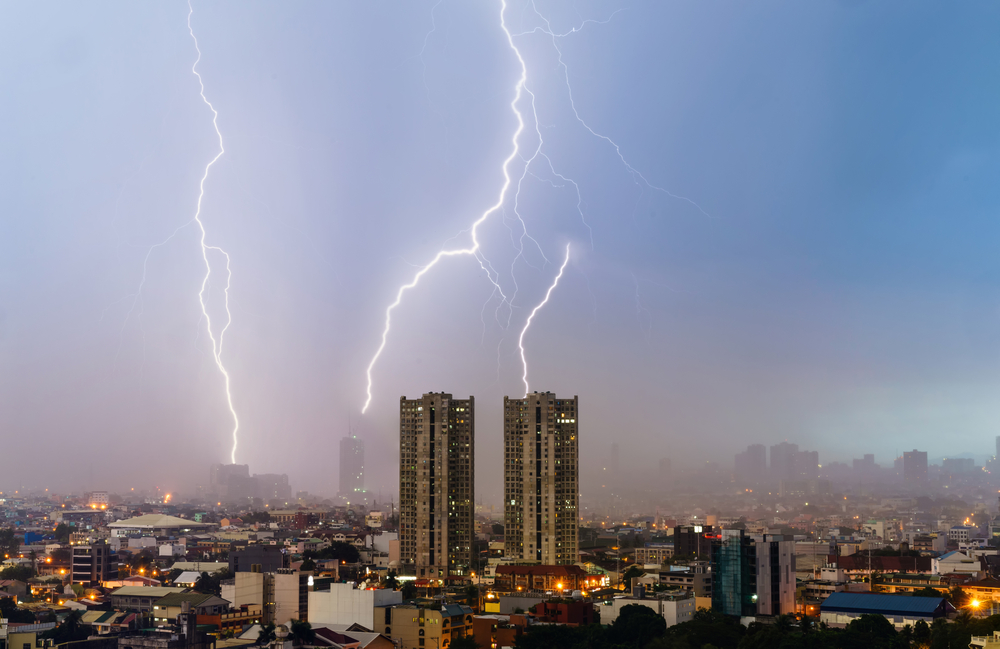The Philippines, calm after the electoral storm
The recent Philippines election may have been divisive, but the ascent to power of the newly elected President has coincided with a tentative recovery in the nation’s real estate sector

When Ferdinand Marcos fled to exile in Hawaii after 21 years of authoritarian rule, state debts in the Philippines had accrued to such a level that financial experts say accounts will not be settled until 2025.
By then, Bongbong Marcos, his son, will be nearly halfway through his six-year presidential term.
There are no signs thus far, thankfully, that the country is headed for similar economic turmoil as timid yet growing confidence in the country’s post-Covid real estate recovery builds.
In the two weeks leading up to polls on May 9, property platforms noted a big drop-off in leads. A strong recovery the week after the vote demonstrates that Filipinos remain confident in the political process today—despite the return to power of the Marcos family after 36 years.
“Property buyers took a wait-and-see attitude to the market ahead of the elections,” says Claro Cordero, director of research and consultancy at Cushman & Wakefield Philippines.
This has been a feature of recent elections and was not particular to this especially divisive election, he said, adding that supply-side concerns were proving a greater challenge to a full-blown real estate market rebound.
Promising signs have emerged in recent months. During Q1, the office sector saw positive market absorption for the first quarter in two years, according to Colliers. It’s a sign that companies are switching back to formal workspaces, albeit amid a further 3.1 percent fall in rents.
Many organisations quickly shifted back to office work in Manila and elsewhere in the country after the previous administration downgraded the pandemic alert level at the start of the year, causing a run on office space. Still, new completions and enduring vacancies pushed the office vacancy rate in Manila to 15.8 percent in the first quarter, a new record surpassing the downturn after the global financial crisis, according to Cushman & Wakefield.
The residential market has shown similar mixed signals. Many agencies have reported an uptick in leads and occupancies, particularly in sought-after locations including upmarket Makati in Metro Manila. Yet an unconvincing recovery has been driven by low borrowing rates and favourable offers by many developers including unusually low downpayments of just five percent on some properties.
Wider economic trends also remain confused. The Philippines recorded stellar economic growth of 8.3 percent in the first quarter, according to central government data. But some of this was attributed to spending ahead of the election. Growth is tipped to be lower for the whole year but is still expected to reach a respectable 5.7 percent in 2022, according to the World Bank.
Headwinds remain strong. Inflation continued to climb in May, up 5.4 percent compared to 4.9 percent the previous month, according to government data.

Within ASEAN, the Philippines has fared less well than neighbouring Malaysia and Indonesia, but better than Thailand and Myanmar—and far better than 1984 under Marcos Snr when annual inflation spiraled to 50 percent.
“Rising fuel prices and inflation have been prohibitive for new builds as construction costs have increased significantly,” says Jan Custodio, senior director of research at Santos Knight Frank in Manila.
There is anecdotal evidence that inflation pressures on real estate purchasing budgets for some in the country have caused property purchases to drop by half in recent months, particularly in the residential sector, adds Custodio. “Decreased spending would cause more delays in economic recovery,” he says.
Positive signs include continued land-banking outside of Metro Manila as developers launch more offices and residential projects. The property market is starting to recover, and this should kick in during the second half of 2022
Among the most optimistic signs in the market are property development in and around new major infrastructure carried over from the Duterte presidency into that of Marcos Jnr who, in turn, has promised a ‘Golden Age of Infrastructure’ echoing a term previously used by his father.
Metro Manila remains the focus. A new subway remains underway in the capital, as does the new airport, a USD14-billion project built on reclaimed land in Central Luzon, expected to be operational by the end of 2024.
More: New leader, new homes: The Philippines stands at a crossroads
Developers were “far more concerned” about continued government focus on infrastructure from the new administration than they were about the election result itself, says Joey Bondoc, associate director of research at Colliers Philippines.
“[Further positive] signs include continued land-banking outside of Metro Manila as developers launch more offices and residential projects in anticipation of pent-up demand,” says Bondoc. “The property market is starting to recover, and this should kick in during the second half of 2022.”
Many of the variables impacting the Philippines’ property sector—as in many countries—remain far outside of its control, warns Cordero of Cushman & Wakefield.
China’s unusually low economic growth is a restraining factor, and so too is the enduring conflict in Ukraine. He urged the new administration in Manila to provide fiscal support to help ride out these unexpected post-pandemic challenges.
“Real estate recovery in the Philippines has commenced,” says Cordero. “But it is off to quite a slow start.”
The original version of this article appeared in Issue No. 173 of PropertyGuru Property Report Magazine. Write to our editors at [email protected].
Recommended
Why everyone is moving to Selangor and Johor: Malaysia’s real estate comeback
Malaysia’s upturn in fortunes is especially prevalent in secondary destinations such as Selangor and Johor
Penang’s silicon boom: How the US-China tech war is supercharging local real estate
Penang’s booming semiconductor industry has created ripples within the local real estate sector
New leader, new opportunities: How Hun Manet is shaking up Cambodia’s real estate game
Hun Manet is overseeing decent economic growth and widening access to the country’s real estate market for foreigners
Singapore embraces inclusive housing reforms amid resilient demand
The Lion City’s regulatory strength continues to exert appeal for international investors








